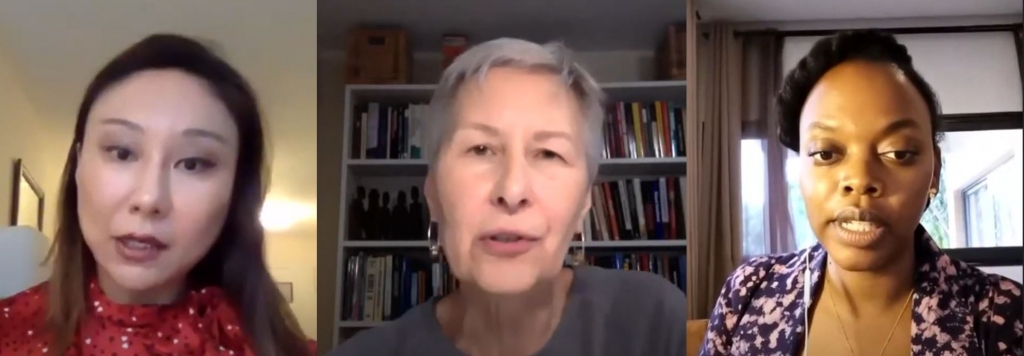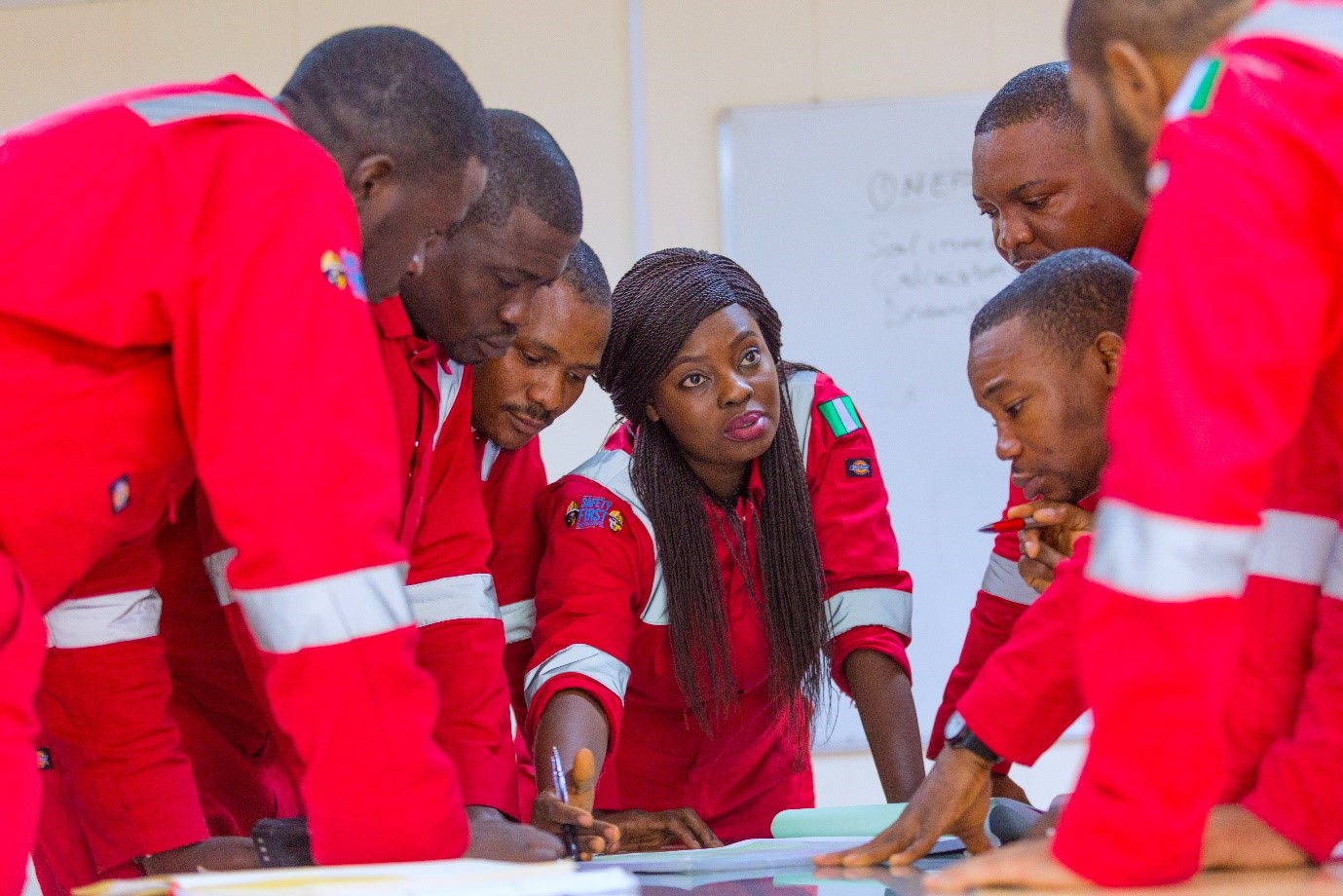On Friday 30 October, guest lecturers Deborah Brautigam, Folashade Soule-Kohndou and Shirley Ze Yu delivered an online lecture on “China in Africa” as part of the department’s Cutting Edge Issues in Development lecture series. MSc International Development and Humanitarian Emergencies student, Otobong Mmah tells us what she took away from the lecture.
You can watch the guest lecture back on YouTube.

This week’s lecture provided students with a unique insight into China’s involvement in African Development. This is a highly charged topic as many believe China to be guilty of “debt trap diplomacy” – a method of strategically entrapping nations into enormous debt and using this to gain leverage and obtain resources. On the other hand, some praise China for being the main actor in helping Africa to economically develop into a continent full of MEDCs. As Dr Deborah Bräutigam summarised the core argument is “Is China being malign or benign?… The answer is probably somewhere in between”.
While many in the West look at China’s involvement in Africa as exploitive and manipulative, many in Africa appreciate China’s help in developing African countries. For example in Senegal, many are positive about Chinese lending and what it means for Senegal’s infrastructure. Therefore, could the Chinese “dept trap” just be a Western conspiracy? Could the West just be viewing China from an overtly competitive lens? After all, China is not the first country to provide funding to Africa, the World Bank also has a history of lending with questionable interest rates. It was argued by all guest lecturers, that advantageous outcomes are possible for African countries despite the power asymmetry.
As Dr Folashadé Soulé explained, it’s not helpful to see Africa as powerless; this only reinforces the harmful stereotypes about Africa as a hopeless continent. Africa has a huge market potential, especially considering its young labour force. This is an advantage that China does not have, considering China’s aging population. Therefore, as Dr Shirley Ze Yu mentioned, China is quickly becoming the world’s market instead of the world’s factory and Africa stands to bargain from that. Nonetheless, although the outcomes of China’s FDI and lending are optimistic, politically this may cause a problem. Growing Chinese political influence has the potential to halt democratic development in a continent with over a billion people. Yet, this has not been proven as fact as no country has become less democratic from Chinese investment. In actuality, Africa can stand to learn a lot from the core values of Confucianism and China’s global business success.
I think the most important point in this lecture is that Africa is not homogenous, although it is often perceived that way. What works for one country in terms of debt, may not work for another and the negotiating terms may not be the same either. What is also important to consider is that it is not practical to think of China as one China either; there are different Chinese business entities working in Africa, engaging in different ways. It would be wrong to assume that this is just a universal government scheme to entrap the whole continent of Africa.
China’s engagement with Africa is a complicated one, however what is clear is that it is too easy to blame China for all of Africa’s problems. China has a lot to offer Africa in the same way that Africa has a lot to offer China. What is clear is that investment in infrastructure is essential for Africa’s development, and with new technologies such as 5G, it will be interesting to see if this will propel Africa out of economic disadvantage.
Next Friday’s guest lecture (13 November) will be with Branko Milanovic who will speaking on “Capitalism Alone: The Future of the System that Rules the World”. LSE staff and students can sign up for the lecture here. External audiences can join the lecture via YouTube.
The views expressed in this post are those of the author and in no way reflect those of the International Development LSE blog or the London School of Economics and Political Science.






1 Comments